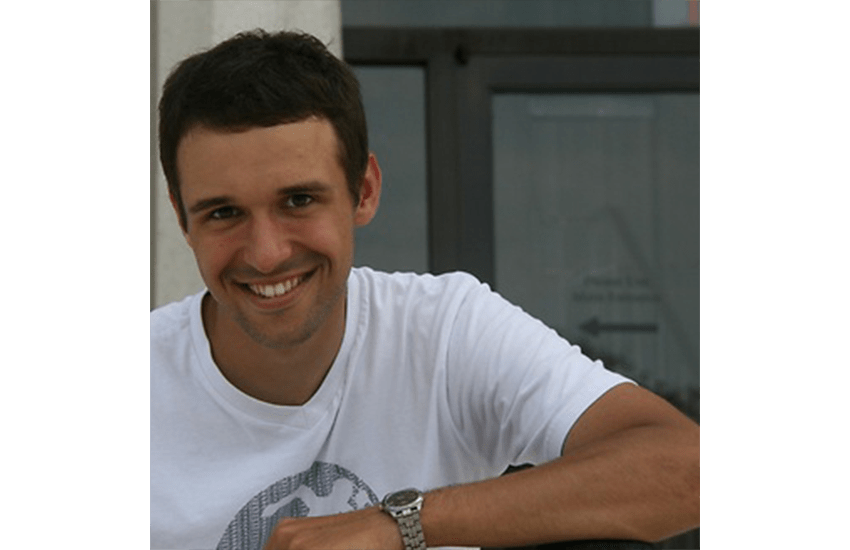Sergey Aganezov
Department of Mathematics
Graduate Research Assistant, Computational Biology Institute
The George Washington University
Title: Comparative genomics meets genome assembly: from ancestral reconstruction to scaffolding
Wednesday, April 12, 2017
11:15 to 12:15 PM
599 Engineering 2
Abstract
Comparative genomics meets genome assembly: from ancestral reconstruction to scaffolding
We present our research that revolves around mathematical modeling and algorithms development in the area of computational biology, and more precisely, genome assembly, ancestral genome reconstruction, and comparative genome rearrangement analysis.
We start by presenting our work on a heuristic algorithmic solution to a problem of reconstructing genomic structure of the ancestors of multiple input genomes at the internal nodes of their phylogenetic tree. We present our results in expanding the already existed copy-nuetral evolutionary model to include evolutionary insertions and deletions of genomic fragments, as well as on novel heuristics aimed at dealing with the issue of breakpoint reuse.
We then move to the problem of in silico genome scaffolding (i.e., completing fragmented genome assemblies), where we present a novel method for for finishing incomplete genome assemblies and demonstrate the benefits of combining both areas of genome assembly and ancestral genome reconstruction. We demonstrate how fragmentation can be viewed as artificial evolutionary events, and how one can incorporate and extend the framework of evolutionary rearrangement analysis and ancestral genome reconstruction in an attempt to assemble scaffolds of fragmented genomes.
Lastly we present the results of our work on the problem of comparing and merging of multiple scaffold assemblies of the same organisms. We present CAMSA: an algorithmic framework and its software realization for comparative analysis of multiple scaffold assemblies. CAMSA not only addresses an existing need for an automative multi-way assemblies comparison, but also implements efficient algorithmic solutions for a challenging problem of merging multiple assemblies together. We note that CAMSA, to our knowledge, is the only tool that treats both oriented and unoriented scaffold assemblies in a unifying way, thus providing a robust framework for a streamlined comprehensive analysis of both in silico and in vivo scaffolding results.
Hosted by Benedict Paten
To accommodate a disability, please contact Rochelle Fuller at the UC Santa Cruz Genomics Institute.
